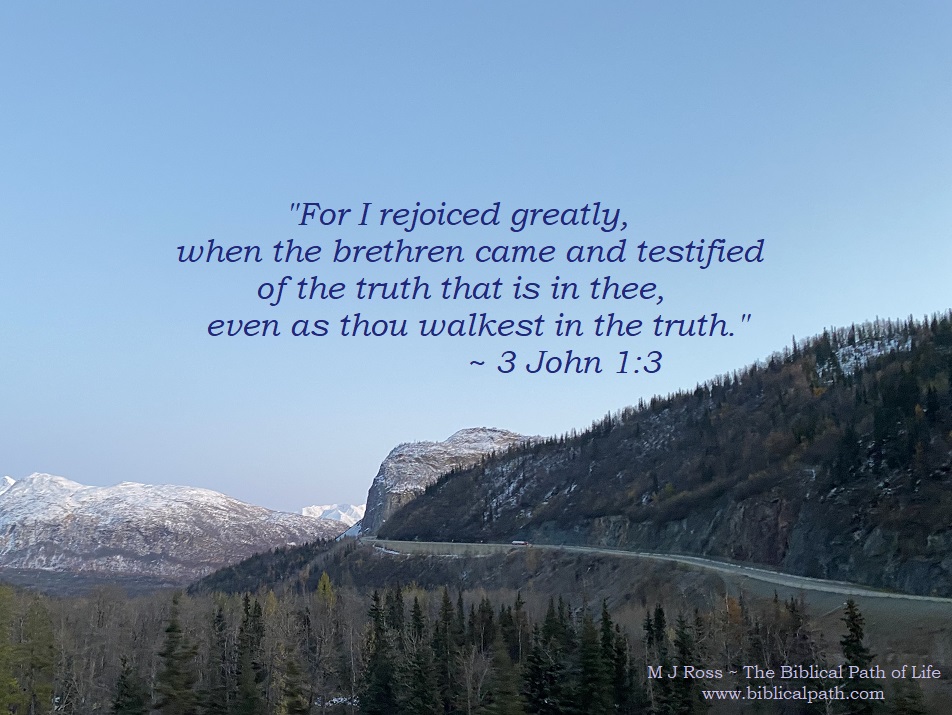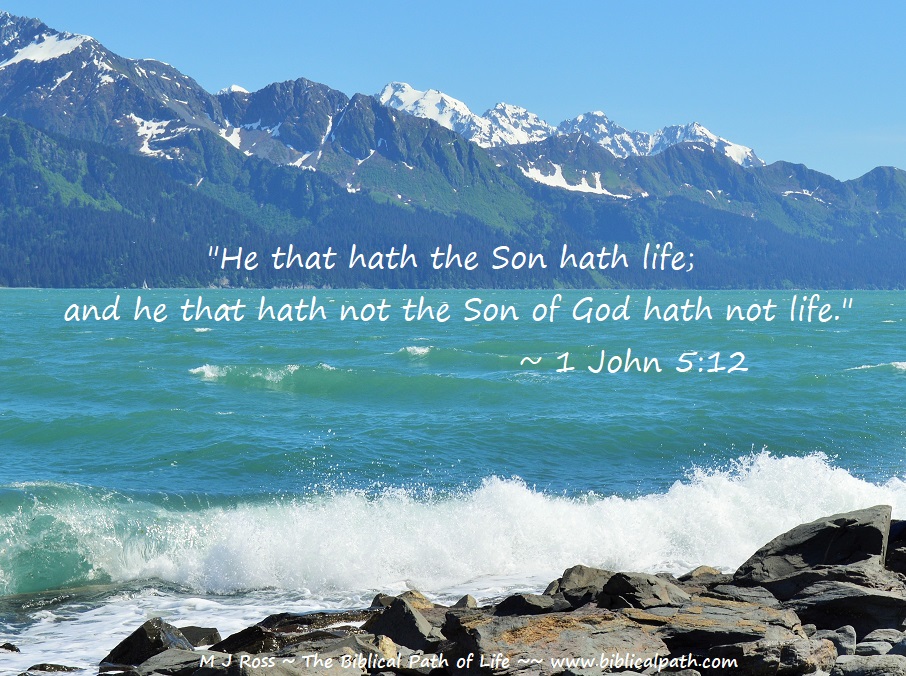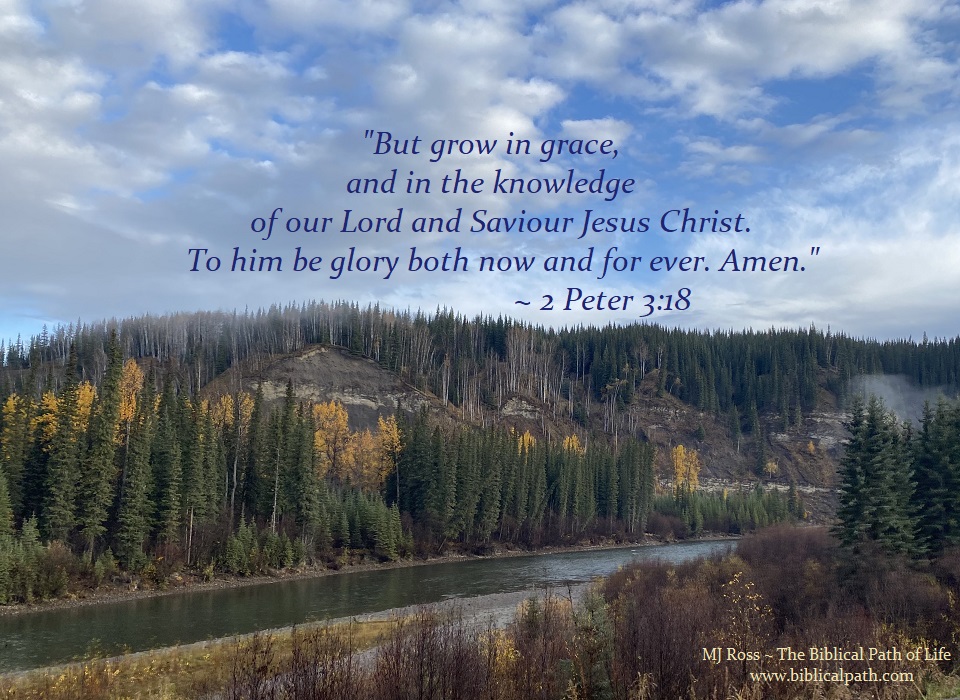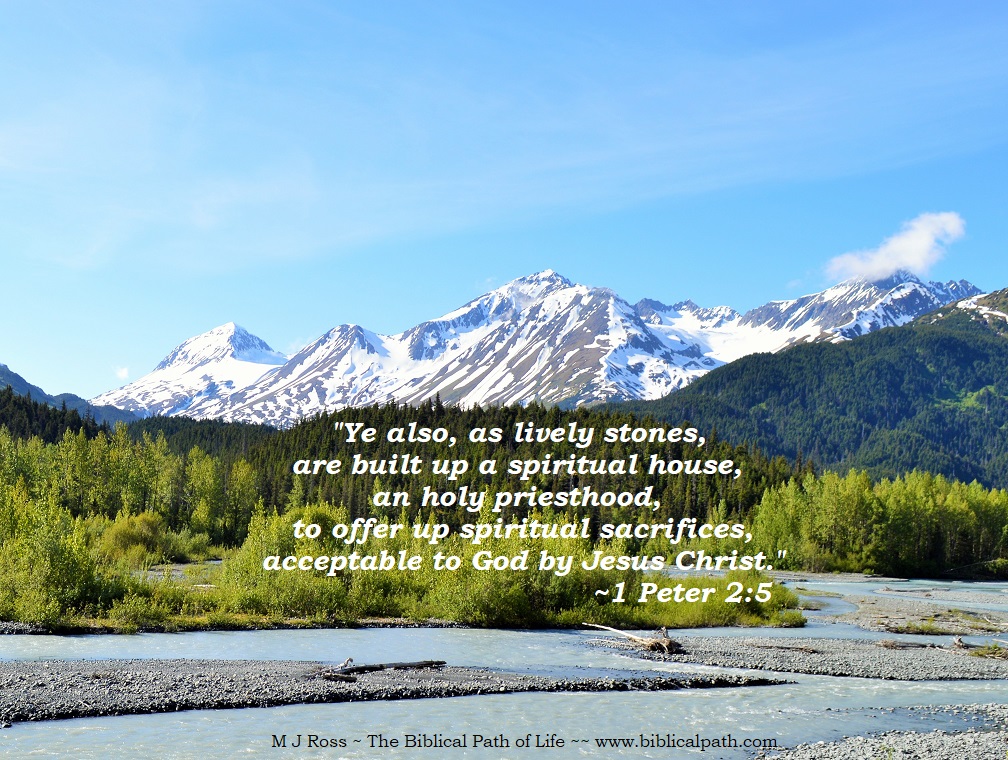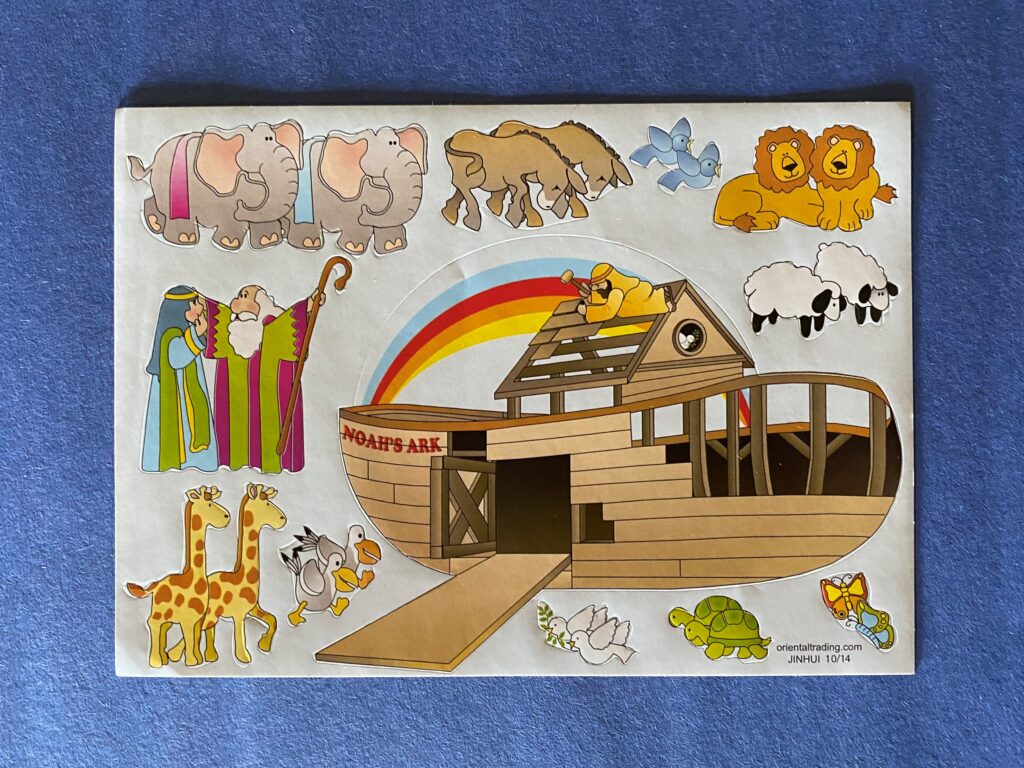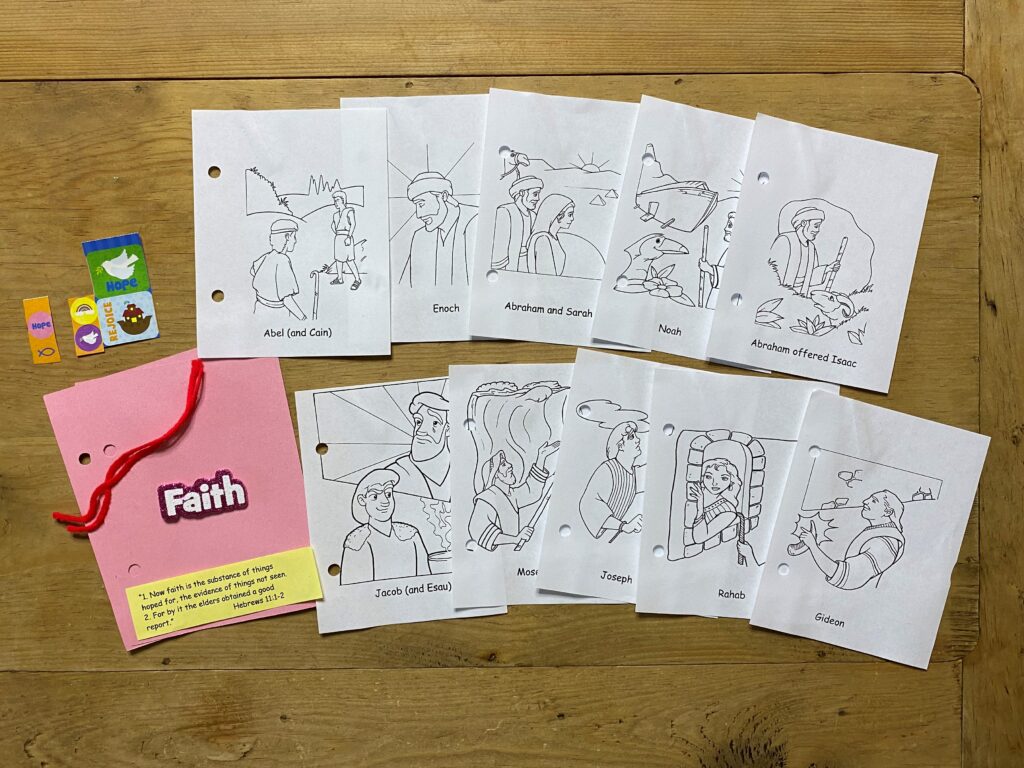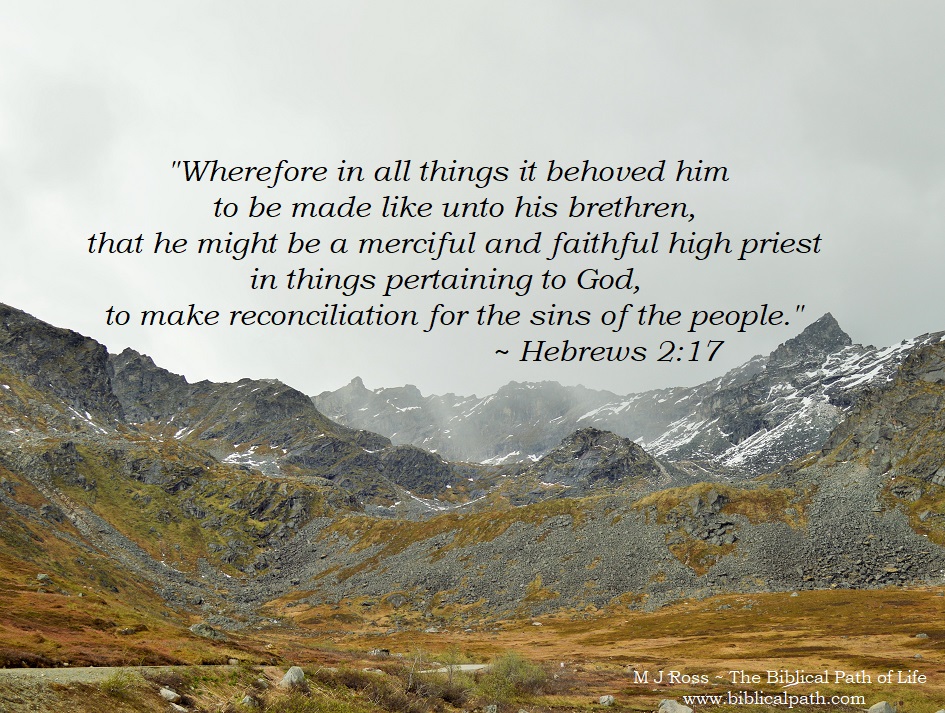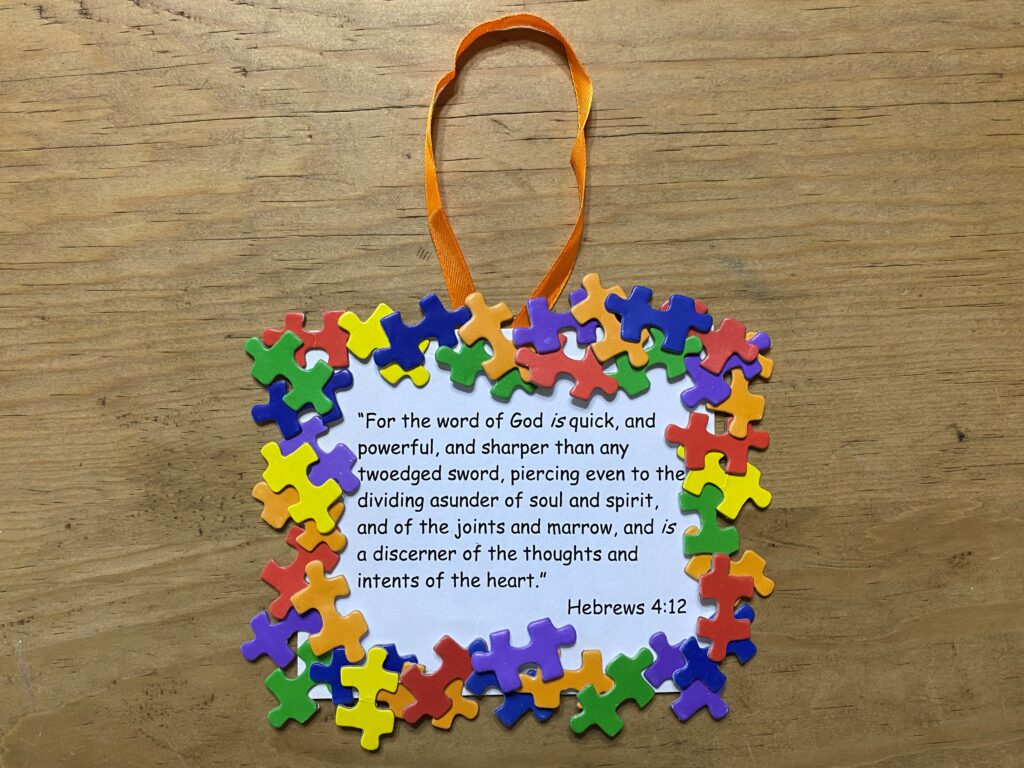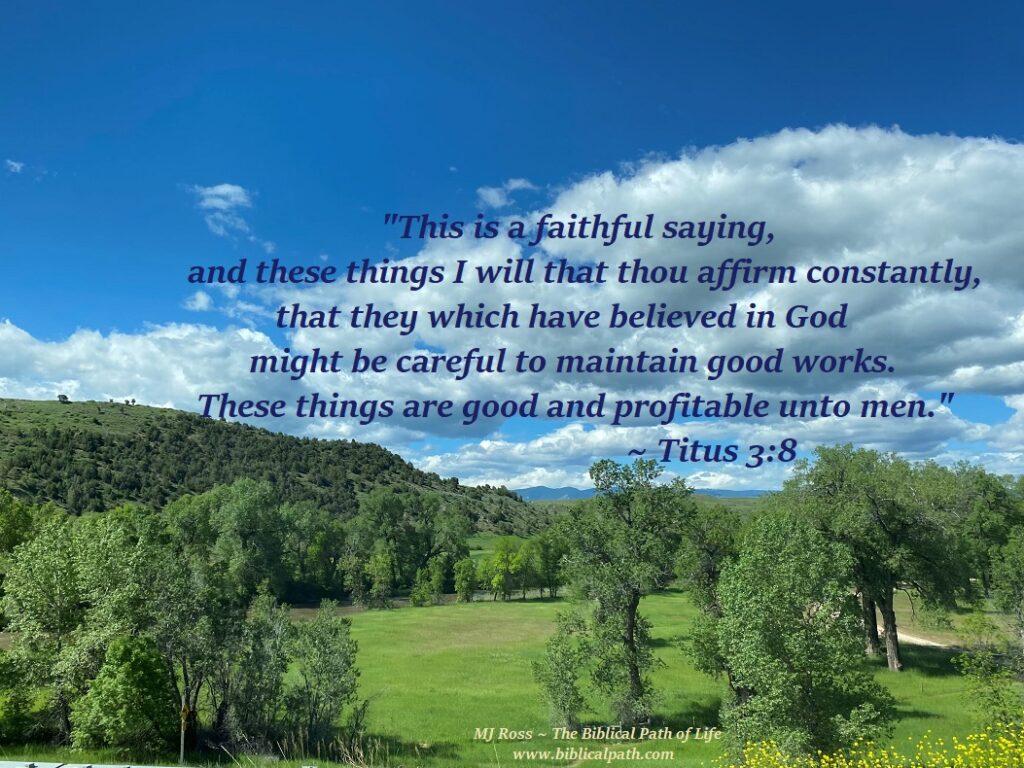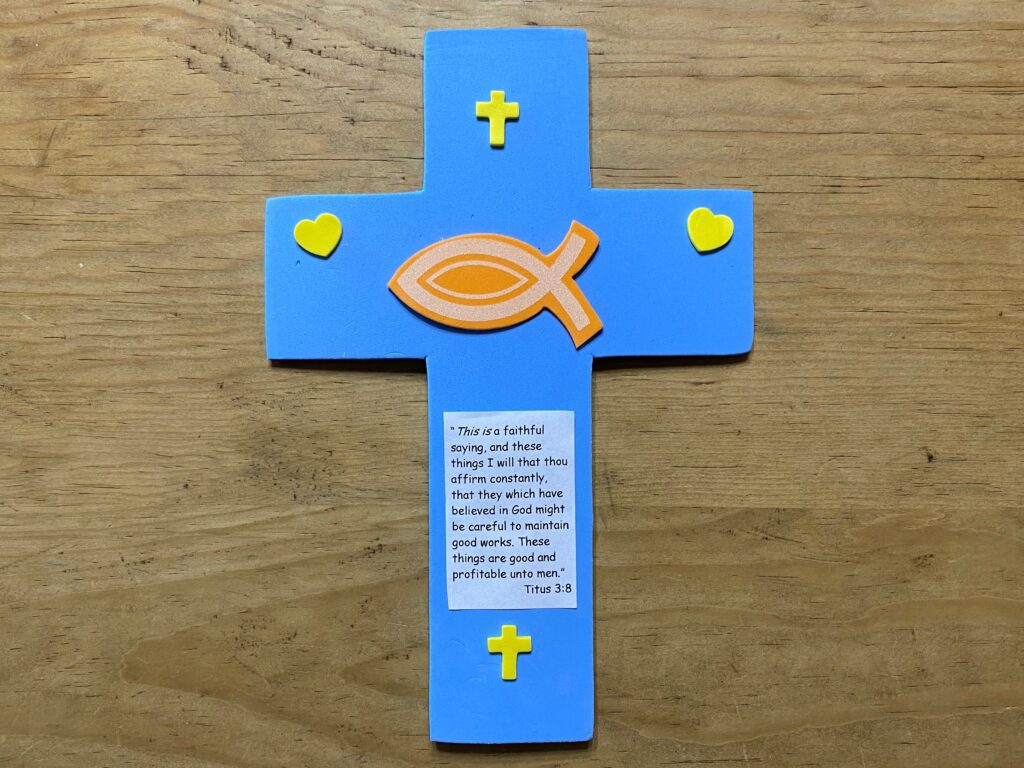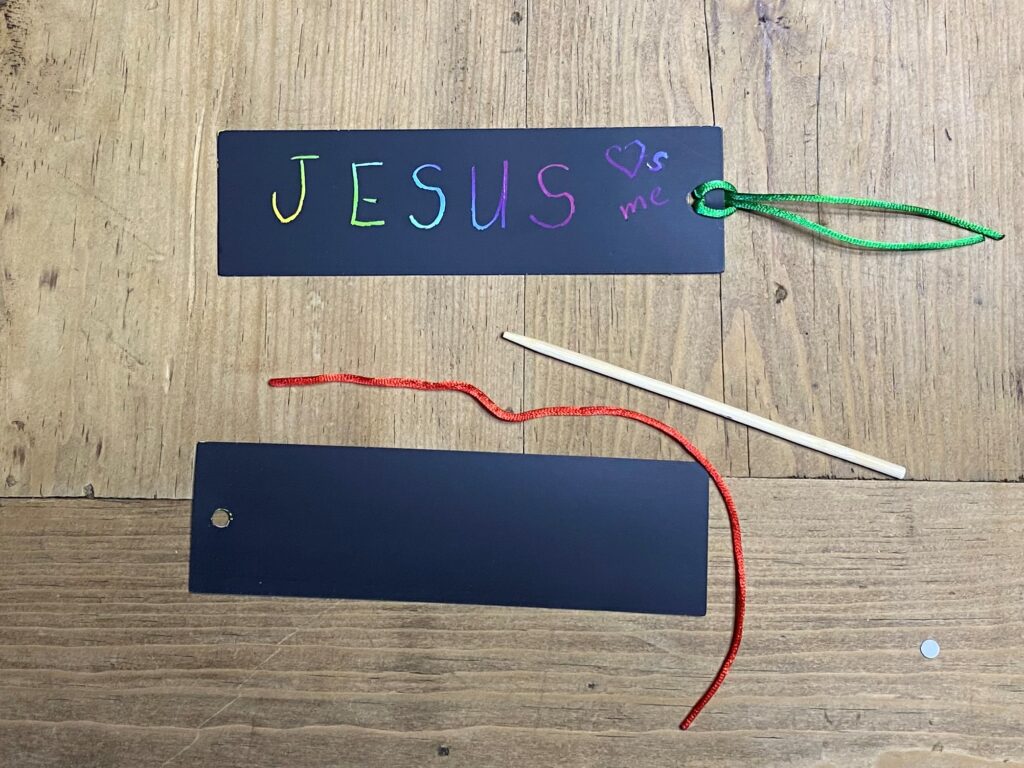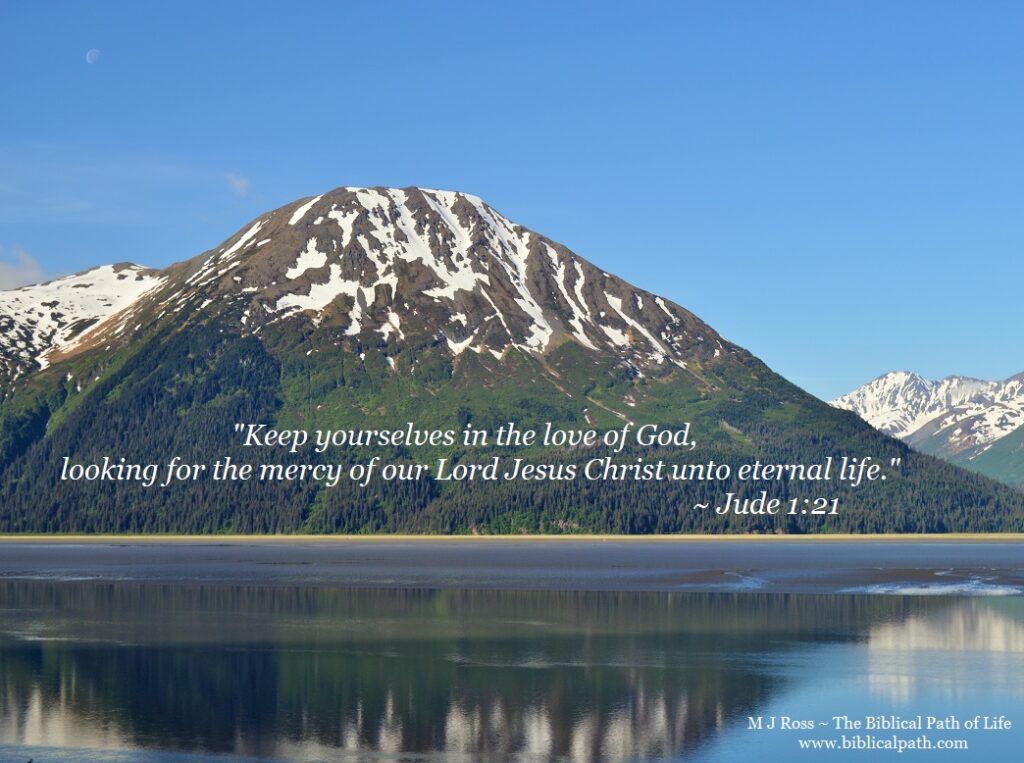
Key Verse
Keep yourselves in the love of God, looking for the mercy of our Lord Jesus Christ unto eternal life.
—Jude 1:21
Key Verse Thought: Read the Key Verse. As we look at the book of Jude in this lesson, we will understand that he warned of apostasy, or abandonment of God’s truth. As we read, we will learn that this apostasy comes mainly because of false teachers and unbelievers. After reading the Key Verse, we are to recognize that the only way to stay with the truth of God’s Word is to do what this verse teaches – especially to “Keep yourselves in the love of God”. Doing this is what will help us not to believe false teachers who oppose God and the things of God
Emphasis: As we look at this lesson, we are to understand that there will be false teaching, but Christians are to contend for the integrity of the truth of God’s Word. In Jude, we are to remember the judgment that befell upon those who rejected God’s Word. Christians are to keep themselves in the love of God, obeying God’s Word, as a witness to the lost world.
Lesson Summary: The book of Jude is the eighth book in the final division of the New Testament: The Nine General Letters to the Jewish Church. Jude, who was also the half brother of Jesus, wrote it.
Jude called for Christians earnestly to contend for the faith. He wrote warnings to Christians that there were false teachers who had not only rebelled against the teachings of Jesus, but that were leading people from the truth of the Gospel message. This is called apostasy. In order for Christians to understand just what apostasy is, Jude remembered a few previous apostasies: the Israelites in the wilderness, one-third of the angels, and the cities of Sodom and Gomorrha. Jude then recognized the apostasy that was occurring in his day. He compared this apostasy with three: Cain, Balaam, and Korah.
Jude then recalled the life of Enoch, the seventh from Adam. He not only walked with God daily, but he understood and preached against the ungodly. Enoch understood that the Lord would return one day – and he warned others.
After remembering that God knew apostasy would come, Christians are encouraged to build their lives upon the Christian faith and keep themselves in the love of God. By living a Christ-like life, Christians can be a witness to the lost world – and Christians are commanded to live a life that makes a difference in others by revealing Jesus to them. God will hold Christians accountable for this.
Jude ended with the promise that God would enable Christians to do these things.
Y3Q4 – Lesson 11 Questions
Y3Q4 – Lesson 11 Children’s Worksheets
The Biblical Path of Life – Year Three is available through Amazon.
